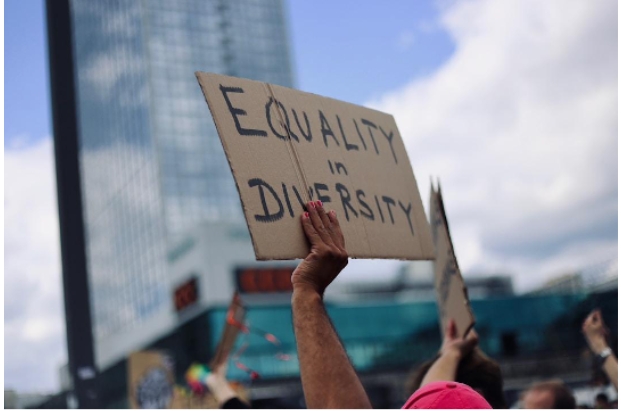For LGBTQ college students, the journey through higher education is often complicated by unique challenges and barriers. These range from finding a community to navigating less inclusive spaces within the academic sphere. Recognizing these complexities is vital to offer the necessary support and create more inclusive environments. Institutions of higher learning play a crucial role in setting the tone for acceptance and equality. Below, we delve into the various dimensions of these student experiences and discuss strategies for fostering a supportive campus climate.
Addressing the Mental Health Concerns for LGBTQ Students in Academia
The mental health of LGBTQ college students is an issue that cannot be overlooked, as they are at a higher risk for anxiety, depression, and other stress-related disorders. The struggle for acceptance, fears of discrimination, and the search for identity are considerable stressors that can take their toll on mental well-being. Access to resources that support mental health, including LGBTQ counseling in DC, becomes instrumental for these students.
Colleges and universities must prioritize mental health services that are specifically attuned to the needs of their LGBTQ student bodies. These services should be staffed with professionals trained in the nuances of LGBTQ issues to offer empathetic and informed support. When students see that their identities are understood and valued, they are more likely to seek help.
Addressing mental health in LGBTQ college students also requires a comprehensive approach to education and support services. Incorporating mental health education into academic programs and providing accessible resources such as online MSN AGPCNP degree programs tailored to the needs of LGBTQ students can significantly enhance their well-being.
While academic pressure is a universal experience for LGBTQ students, it intertwines with concerns about acceptance and identity. Institutions must acknowledge this intersectionality by providing widespread mental health education and robust support systems geared towards these students’ unique circumstances to foster a healthier, more inclusive academic environment.
Understanding the Complexities LGBTQ College Students Navigate
Enrolling in college is a significant life event, laden with expectations of personal growth and academic success. For LGBTQ students, however, there is an additional layer of anxiety concerning their identity. They often face a landscape where their sexual orientation or gender identity can impact their interactions, both in the classroom and in the broader college community. These complexities can affect everything from participation in group assignments to seeking mentorship opportunities.
Navigating college life comes with the challenge of finding inclusive spaces. LGBTQ students may struggle to locate safe zones, such as gender-neutral bathrooms or housing, which are crucial for their comfort and safety. Discovering allies among faculty and peers can also be fraught with uncertainty, and sometimes students bear the brunt of uninformed or insensitive comments that can impact their mental wellbeing and educational outcomes.
Despite the presence of inclusivity initiatives, discrimination based on sexual orientation or gender identity persists. LGBTQ college students may experience microaggressions or more overt forms of discrimination, which can deter them from fully participating in campus life or succeeding academically. Understanding these challenges is the first step in addressing them effectively.
Navigating Campus Climate: Experiences of LGBTQ Students in College

The campus climate directly affects the experiences of LGBTQ students, influencing their sense of security and belonging. A campus known for its will enable LGBTQ students to focus on their academic goals rather than expending energy on hiding their identity or dealing with prejudice. Colleges must actively work to foster an environment where diversity in sexual orientation and gender identity is celebrated as a part of the institution’s fabric.
Even in seemingly progressive campuses, incidents of homophobia and transphobia can occur, undermining the efforts of inclusivity. LGBTQ students often have to assess the social temperature of their environment before expressing themselves, which can lead to self-censorship and a reduced sense of community. Institutions need to promote inclusivity policies and ensure they are enforced and that there are precise mechanisms for reporting and addressing discrimination.
Programs to raise awareness about LGBTQ issues can help shift a campus climate from to actively embracing it. Educational workshops and events can empower students and faculty, cultivating empathy and understanding. When the wider student body is engaged in inclusivity dialogue, the campus becomes more accepting and supportive of LGBTQ individuals.
Altogether, addressing the unique challenges that LGBTQ college students face is essential to their academic success and personal development. An inclusive campus environment promotes a more vibrant, dynamic, and compassionate academic community, preparing all students for a diverse and interconnected world.
